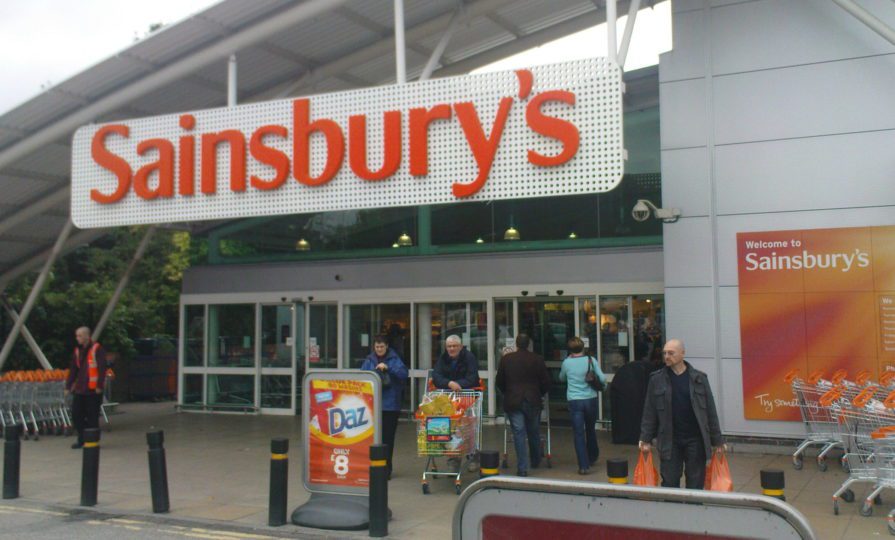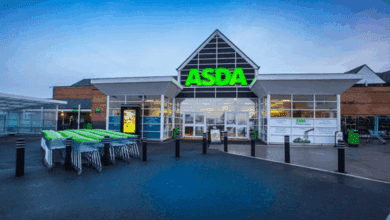Asda-Sainsbury’s merger fears voiced by industry bodies

Register to get 1 free article
Reveal the article below by registering for our email newsletter.
Want unlimited access? View Plans
Already have an account? Sign in
Trade bodies and environmental groups fear the proposed merger of Asda and Sainsbury’s will further squeeze UK food producers and result in sliding ethical and environmental standards, Retail Sector can reveal.
An array of industry spokespeople said the consolidated retail group would represent near-monopoly status in many towns in the UK, giving it the power to drive down prices, and forcing farmers and producers to cut corners on a range of regulations.
The National Farmer’s Union (NFU) president, Minette Batters, told Retail Sector the NFU would be “examining the details” of the proposed merger “carefully” with particular focus on “the further concentration of retail power it creates within the food supply chain”.
She added: “We will also seek clarity on what the structure of any merger will be. We will be requesting a meeting with Sainsbury’s and Asda to ensure that the commitment of the new business to British sourcing will not be affected. First and foremost, the NFU will be seeking to understand what potential impact a merger would have on our members – both those farmers who are directly part of these supply chains and those who could be affected by wider connotations.
“With just over 31% of the market potentially being held by one company the Competition and Markets Authority (CMA) is likely to consider the impact on shoppers – but that must also take account of changes to supply arrangements that could give rise to a reduction in choice and availability over the long term. The impact of the whole supply chain, all the way down to farm level, needs to be carefully assessed. The NFU supports any investigation by the CMA and we would aim to feed into this if approached.”
Clare Oxborrow, senior food and farming campaigner at Friends of the Earth, said: “This merger could mean that two businesses account for 60% of the grocery market in future, a worrying shift in an already concentrated market.
“The lure of lower food prices hides the ugly truth that farmers will be under increased pressure to produce more, but for less. And when something is bad for producers it usually ends up being bad for the environment. If retailers demand ever-tighter margins, something’s got to give and the environment must not end up paying the price. Rather than a deal of behemoths, we need diversity in our farms and high streets with fairness across the supply chain.”
The chief executive of the Food and Drink Federation (FDF), Ian Wright CBE, added: “Food manufacturers will be following the progress of discussions between Asda and Sainsbury’s very closely. This merger has the potential to bring about considerable change to the UK food and drink retail landscape. We hope discussions will put consumers, shoppers, and suppliers to both companies at their heart.”
Dan Crossley, executive director for the Food Ethics Council, said in a blog post: “The Competition and Markets Authority has vital questions to answer. Do we want a grocery market in the UK where just shy of 70% of the market is shared by only three companies? Surely the CMA’s remit needs to be made fit for the 21st century by ensuring it has to consider likely impacts on key groups affected, including employees, farmers, food manufacturers, the environment and the general public.
“The promise of ever cheaper prices – while at first sight may seem appealing – hides issues of who or what is being exploited in order to be able to deliver those lower prices. The costs of bringing food to the table are not reflected in the prices we pay at the checkout – and they should be.”







